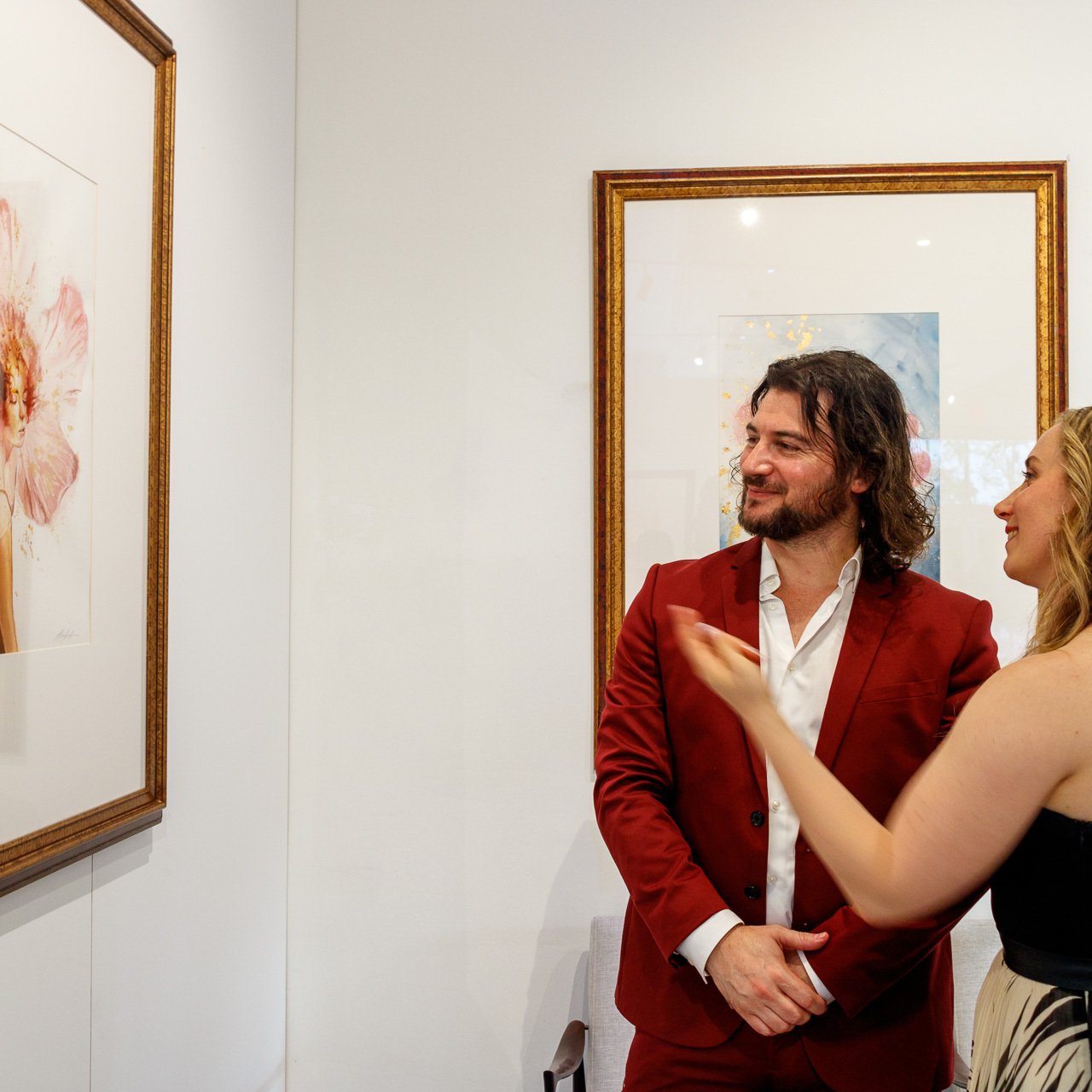Arts play an important role in our lives. They help us to express ourselves and connect with others. By experiencing and enjoying the arts, we can improve our quality of life.
But there is more: the neglect of Art is a terrible loss because it means allowing cancel “culture” to take place.
Join me as I explore the importance of Arts and how they benefit us all.
“I am not a teacher, but an awakener.”
― Robert Frost
Today I want to introduce this great man of culture: Robert Lee Frost. You might know him or you might not. Let’s get a brief bio.
Robert Lee Frost (March 26, 1874 – January 29, 1963) was an American poet. He is the only poet to receive four Pulitzer Prizes for Poetry.
He became one of America’s rare “public literary figures, almost an artistic institution”.
He was awarded the Congressional Gold Medal in 1960 for his poetic works. On July 22, 1961
Frost died in 1963 and the President of the United States at that time (John F. Kennedy) was asked to speak at an event to celebrate him and his accomplishments.
His speech became memorable and gave us an extremely powerful idea of the role of art in our lives.
From Wikipedia
How can culture be used to improve society?
In John F. Kennedy’s speech, he describes the role and the importance of art. He is talking about poetry, but we can all substitute that word with “Art”.
Art has the very nature and purpose of questioning, of challenging society.
“We must never forget that art is not a form of propaganda: it is a form of truth.”
Here you can listen to the entire speech.
This transcript of the speech is short, but it is filled with substance that will make you feel good.
“Strength takes many forms, and the most obvious forms are not always the most significant. The men who create power make an indispensable contribution to the Nation’s greatness, but the men who question power make a contribution just as indispensable, especially when that questioning is disinterested, for they determine whether we use power or power uses us.
When power leads men towards arrogance, Art reminds him of his limitations. When power narrows the areas of man’s concern, Art reminds him of the richness and diversity of his existence. When power corrupts, Art cleanses.
For Art establishes the basic human truth which must serve as the touchstone of our judgment. “
This article written by Maria Popova inspired me to write this post.
Can Artist be of use of society in a cancel culture?
Creative thinkers and makers provide joy and interaction for people in their communities. They also give critique to our political, economic, and social systems. But is this real in a cancel culture? How do we preserve the work of an artist, even if is a critique, from being banned?
If a President of the United States can be canceled then what chance does an artist have of navigating the treacherous waters of modern society?
Check out this interesting link from BBC about this matter.
We must protect Art, artists, freedom of speech, and culture. It doesn’t matter if is written in on the constitution. It is up to us to keep these values alive.
My work as an Artist
The reason I created my collection based on Shakespeare’s story is that I strongly believe that Art helps us tell our stories, celebrate, remember the past, challenge the present, and imagine the future.
The insights of what I learned on my relationships, in my private life, are the core concepts of this new collection: Romeo and Juliet.
It is my journey to becoming an adult, instead of being a child and acting like a child.
It’s my adventure, and I want to share it with you.
I encourage you to look at each painting and read the description… To get an understanding of the meaning of each one.
About the author
Alex Righetto
Alex Righetto is an Italian artist based in the US, known for his vibrant and bold paintings that reinterpret Italian and European history in a contemporary context. His work has been featured in various exhibitions and publications, including Vanity Fair and Vogue


who has “cancel culture” stopped from making their art that is so important?
Good question. How about social media?
Well artist are also musicians and dancers and any form of art. Not jus the fine artist. I could name several important artist that cannot express themselves anymore because society is now deciding who gets to express themselves and who cannot. “Free speech” IS NOT FREE. Trust me artist will pay if they step incorrectly. And if you cannot see that happening in today’s age then you must have your head under a very big rock.